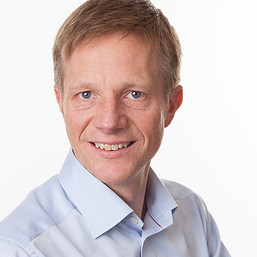Interview on Stakeholders perception
January 28, 2022
We interviewed Anne-Mette Jørgensen and George Wurpel of MSG Sustainable Stategies. They lead the North Sea Energy-programme work on societal embedding and stakeholder analysis. MSG Sustainabloe Strategies is partner in the programme.
What is the main challenge of societal acceptance of North Sea System integration?
The main challenge is to find agreement between very different stakeholders on new, large-scale, and uncertain developments that are critical in realizing a sustainable energy system. Stakeholders have different perspectives of what’s actually the problem for which we are looking for a solution. And even when they agree about the problem, there is no set number of solutions.
Where do stakeholders agree with respect to North Sea System integration?
Most stakeholders agree about the energy and climate targets for 2050. It is also commonly understood that North Sea offshore wind will play a major role in the European energy transition. They also agree that spatial pressure on the North Sea is high, so efficient use of space and innovative solutions are wanted. Many stakeholders realize that the increasing spatial pressure requires more collaboration.

And what are some of the differences of opinion?
This mainly concerns the pathway towards those long-term goals: How fast can and should we transition from gas to renewables? What is the role of electrification versus hydrogen and CCS in decarbonization? How best to achieve a high level of energy security: by producing energy ourselves, by securing imports from elsewhere or by reducing energy demand? Should we focus on reducing our own GHG-emissions or also help neighbouring countries to do so, e.g. by importing CO2 for storage under the Dutch North Sea? And how should energy- and climate-related goals be prioritised in relation to e.g. goals related to biodiversity and food production?
What would be your primary advice for engaging with North Sea stakeholders around system integration?
To further develop energy system integration on the North Sea, we should first of all truly understand the needs and concerns of the stakeholders: always ask, never assume. Listening to other stakeholders and being open to solutions that also contribute to non-energy goals is fundamental for an effective dialogue. Only then can we attempt to bridge the different perspectives that we have described in our report. And for North Sea Energy-programma in particular: respond to knowledge needs of external stakeholders and help them build a joint knowledge base.
